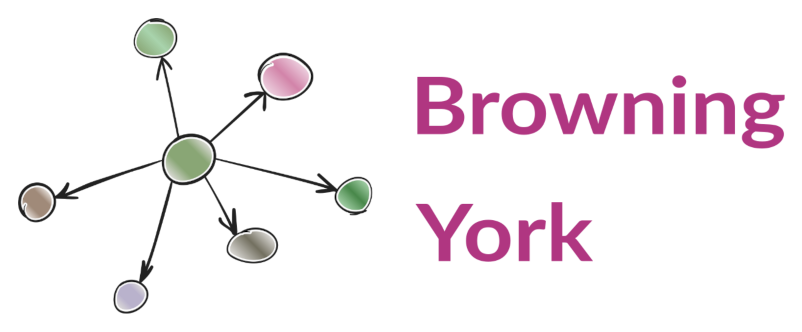In theory every employee at an organisation should be able to communicate with others. In our modern, connected world, it is unusual not to communicate with any other human being at all – whether it be chatting to your family over dinner, exchanging views in an online chat forum or simply saying good morning to the cat (not a human being, but you get my point!). But we all know that in practise that just isn’t the case at all.
There’s another blog piece – probably a whole series of them – in discussing how workplace communication differs from other human interaction, but for now I’m going to focus on how organisations can overcome the difficulties presented by the varying communication skills of their employees.
As with most comms-related topics, there are no black and white answers or one size fits all solutions. The context of what you do as an organisation and what you need your people to do will have a bearing on how you address communication challenges. It is likely that there will be other closely-linked individual and team development needs for you to consider as well.
The fact that we all communicate in some way at some point in our lives is both helpful and an issue when it comes to recognising and improving the problem in your organisation. Because we all think we should be able to do it, training and development in communication skills is not always as valued as it should be. On the other hand, if someone is able to communicate in one area of their lives, then there are techniques they can learn to help them apply those skills in other areas, such as the workplace.
When I run communications training workshops for my clients, it is always interesting to see what they already know and how to apply that to the communication part of their current role.
In identifying the communication training requirements at your organisation, I would recommend that you start by articulating the communication expectations you have for different groups of staff. For example, line managers are key in communicating with their teams and will need to understand their personal impact on their team members in that role, whereas the people who are producing department newsletters may need training in story identification and editorial skills.
When everyone in an organisation is able to communicate effectively, you become much stronger and are able to achieve more together.
Everyone can benefit from a better understanding of their own and others’ personal communication style. It is key that this understanding is used to improve communication across the organisation and not as a way to say that individuals are doing it ‘right’ or ‘wrong’.
It is also worth remembering that where you have employees with additional or special needs, those circumstances and their requirements must be taken into consideration too.
To see the range of communications workshops I run for my clients, please visit my training page. Get in touch if I can help or if you would like me to develop something bespoke for you.
Until next time
Sarah
